Find Help
More Items From Ergsy search
-
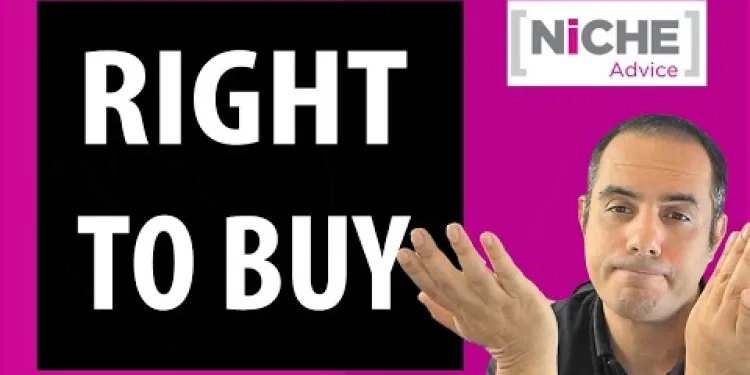
RIGHT TO BUY MORTGAGE - LET ME SAVE YOU TIME AND MONEY
Relevance: 100%
-
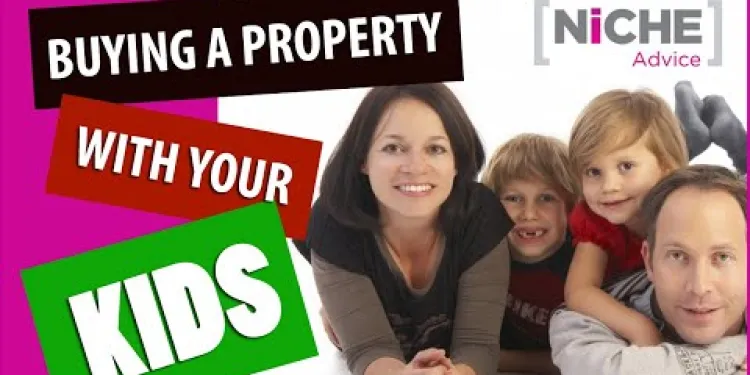
How to Buy property with your children under the age of 18 and get Buy to Let Mortgage.
Relevance: 69%
-

Uk Buy to Let for Older Clients - Mortgage Options Tips and Criteria
Relevance: 64%
-
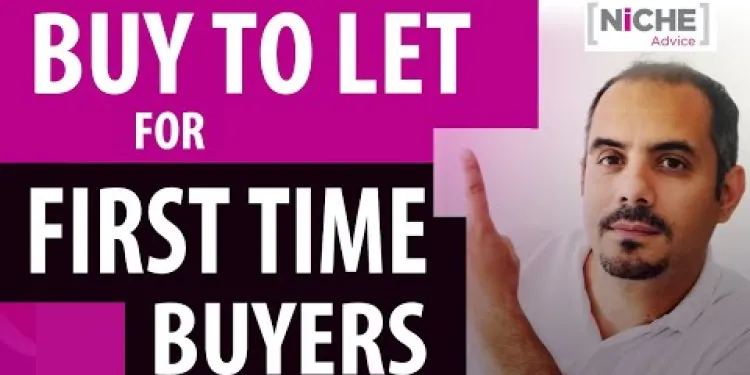
First Time Buyer Buy to Let Finance Options. Lending Criteria on Mortgage and Bridging Finance
Relevance: 63%
-

Can I get a Buy to Let Mortgage With My 18 Year Old Son
Relevance: 57%
-
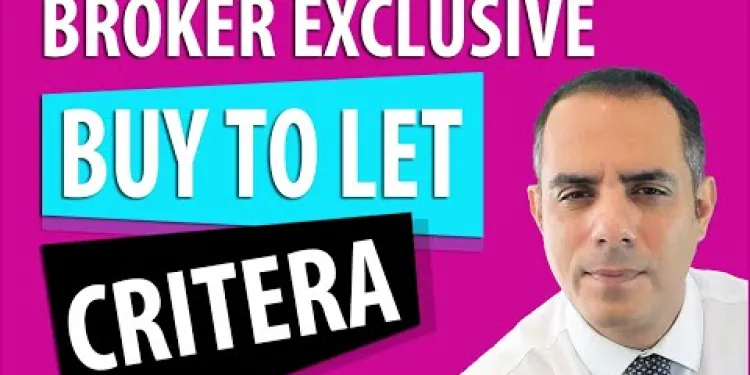
5 Broker Exclusive Buy to Let Mortgage Lenders you need to know about as a Landlord
Relevance: 54%
-
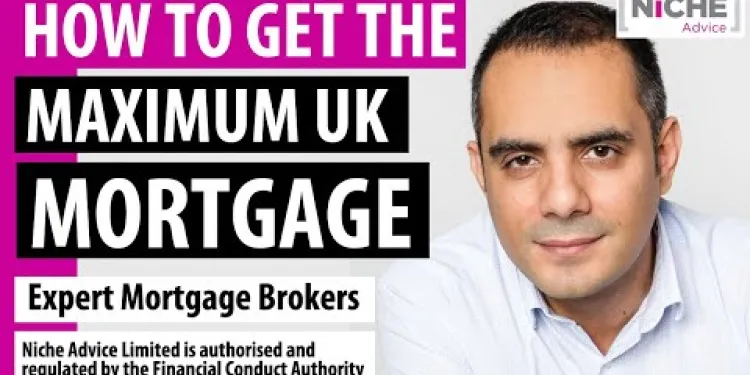
Getting the maximum mortgage in the UK
Relevance: 54%
-
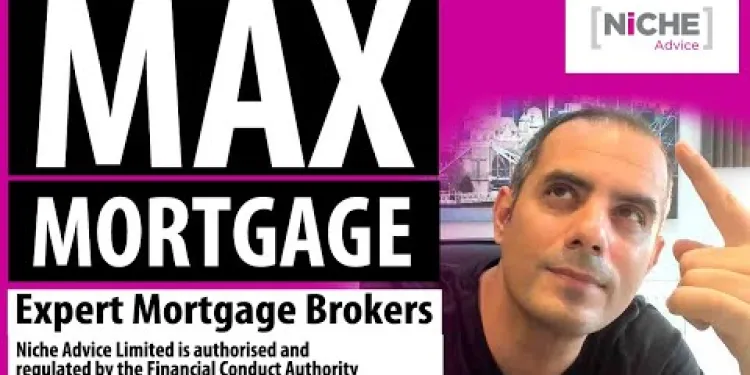
How much can I borrow for a mortgage UK - getting the Maximum Mortgage
Relevance: 53%
-
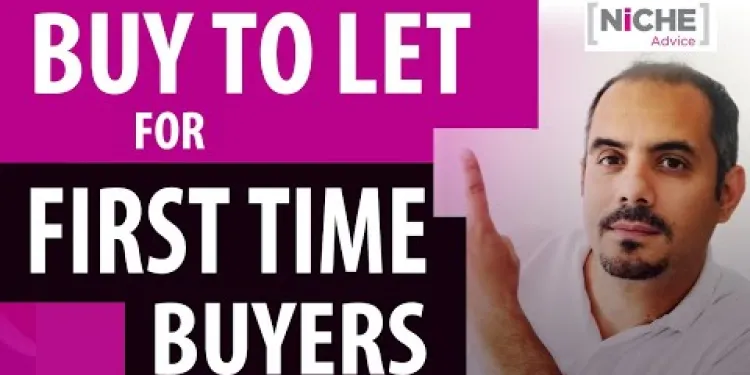
First Time Buyer Buy to Let Finance Options. Lending Criteria on Mortgage and Bridging Finance
Relevance: 53%
-
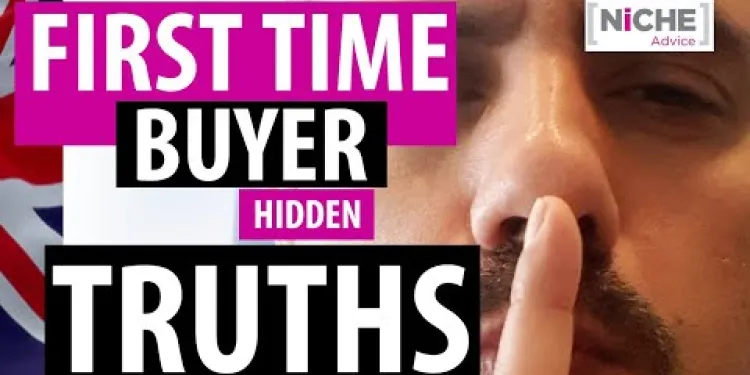
First Time Buyer UK - Own Outright vs Help to Buy vs Shared Ownership
Relevance: 49%
-
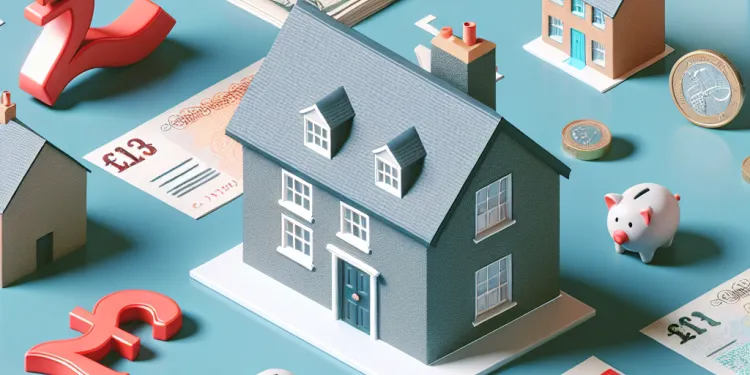
Can Stamp Duty be included in a mortgage in the UK?
Relevance: 49%
-
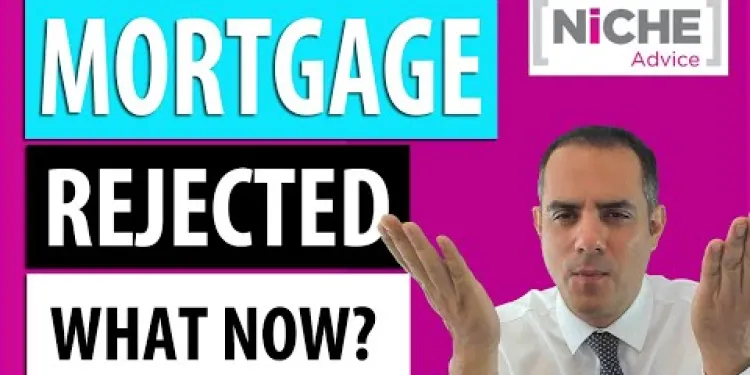
Turned down for a mortgage? Find out why and what to do
Relevance: 48%
-

If I am buying a house, who has to pay for a surveyors report?
Relevance: 47%
-

The Ultimate Buy-To-Let Mortgage Breakdown
Relevance: 46%
-
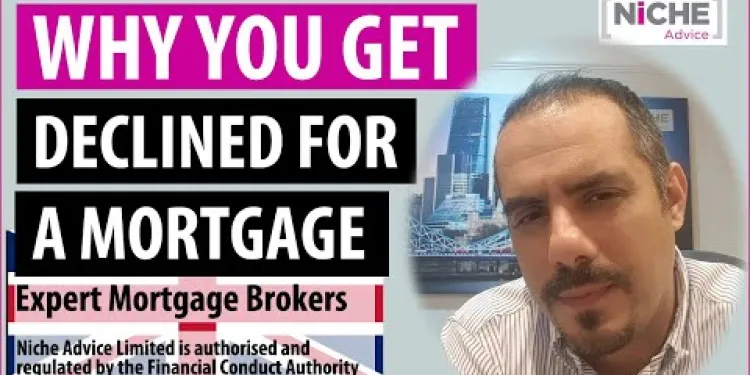
Mortgage Turned Down In The UK - Why mortgage applications are declined
Relevance: 45%
-
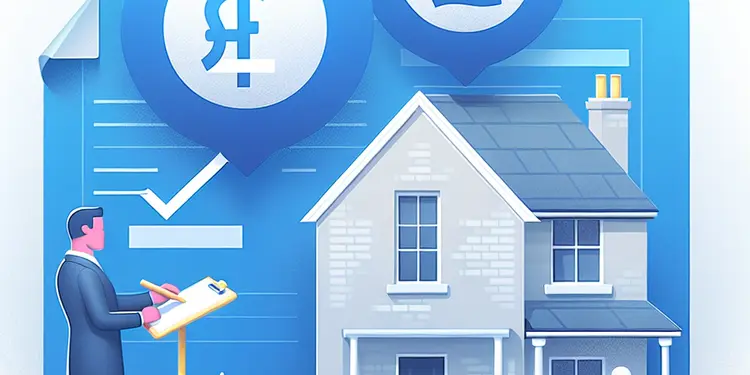
Can I use the surveyor recommended by my mortgage provider?
Relevance: 43%
-

What is an 'interest only' mortgage?
Relevance: 43%
-

Leasing VS Buying a Car: Watch this before you buy a car and make the wrong choice!
Relevance: 42%
-
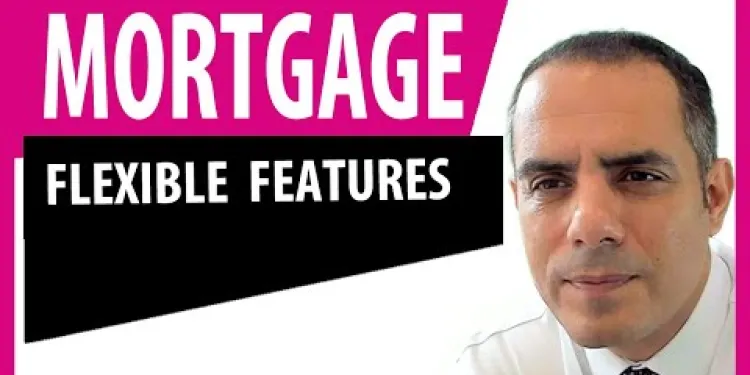
Mortgage Overpayment and Flexible Features Explained
Relevance: 42%
-
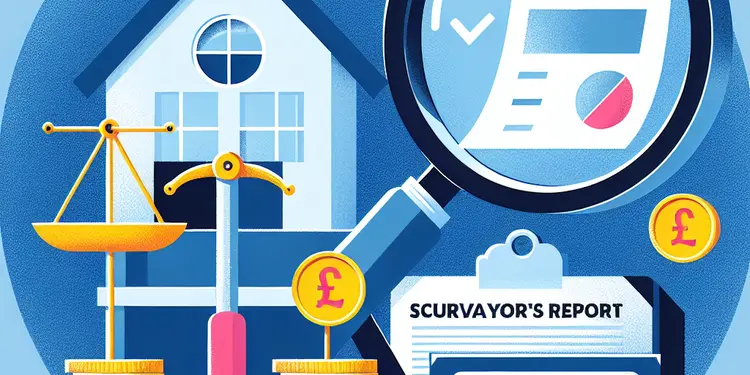
Is a mortgage valuation the same as a surveyor's report?
Relevance: 41%
-
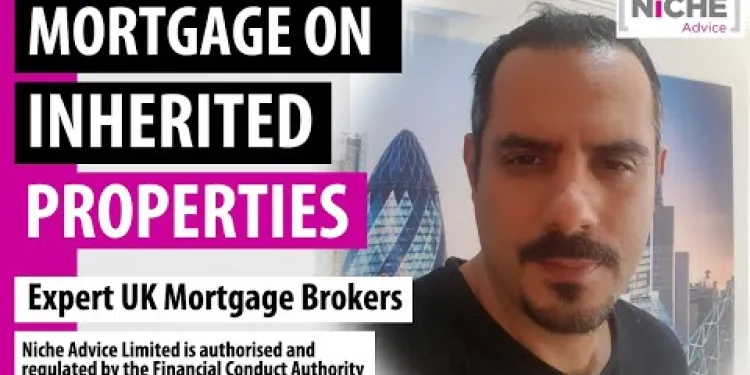
Mortgage on Inherited Property - How we can help you with the finance
Relevance: 41%
-
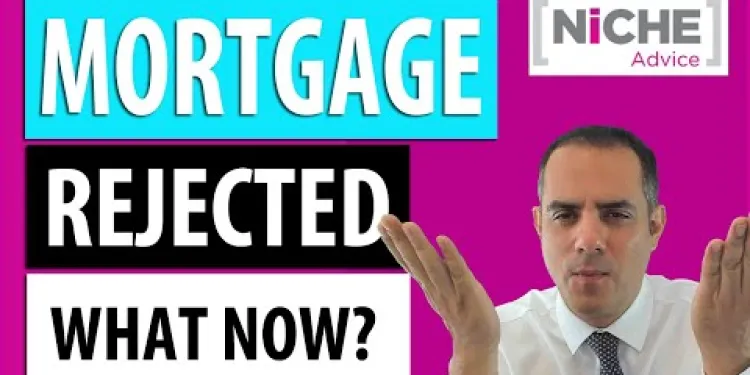
Turned down for a mortgage? Find out why and what to do
Relevance: 40%
-
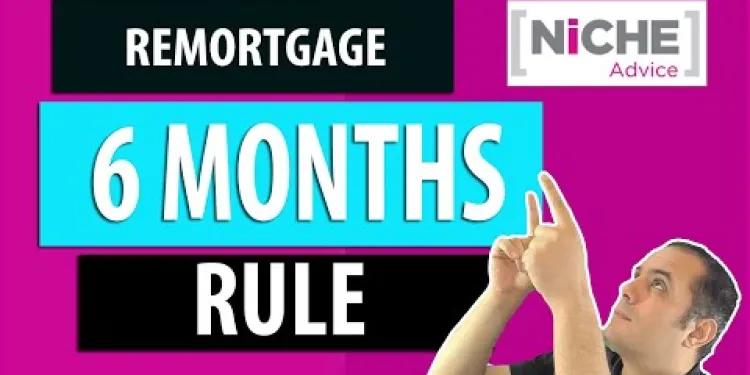
Remortgage within 6 Months on the open market value Residential or Buy to Let Properties
Relevance: 40%
-
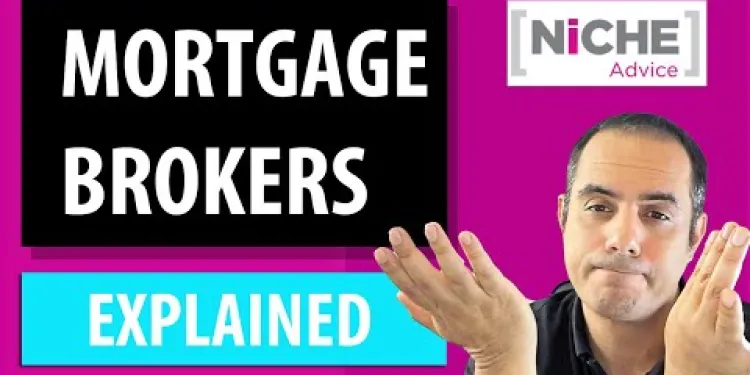
Selecting a Mortgage Broker - how they differ and what to watch out for
Relevance: 40%
-
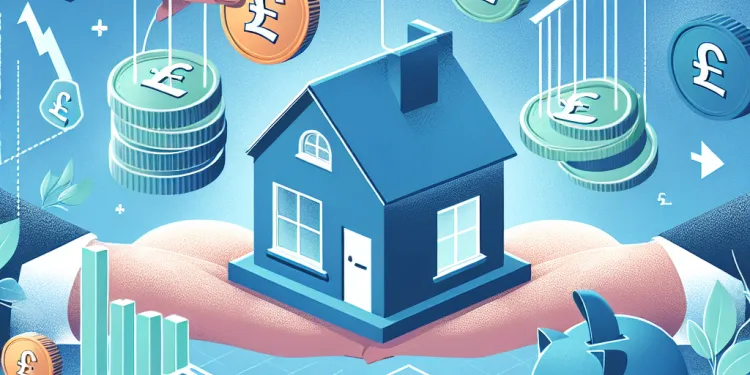
Is it possible to switch my mortgage type if interest rates become unfavourable?
Relevance: 40%
-
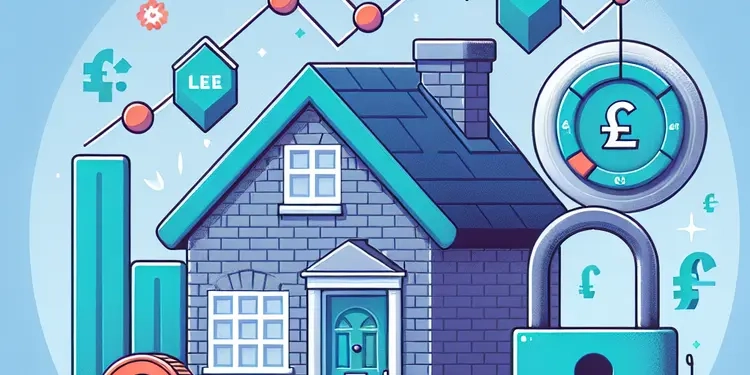
What does it mean to "Fix My Mortgage Rate"?
Relevance: 40%
-
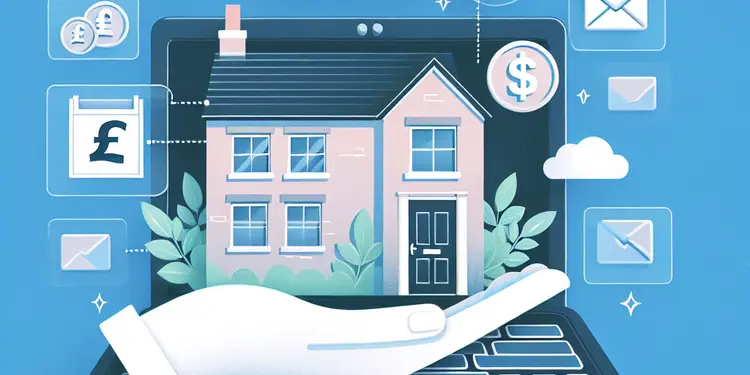
Is there assistance available for rent or mortgage payments?
Relevance: 40%
-
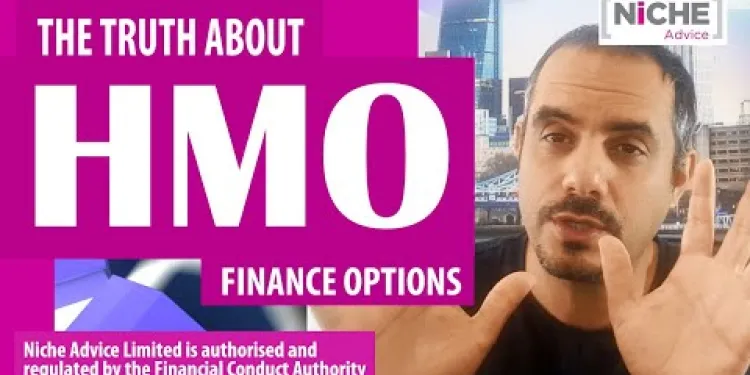
HMO Mortgage Truths - how to get the best Finance option including Bridging Loan Criteria
Relevance: 39%
-
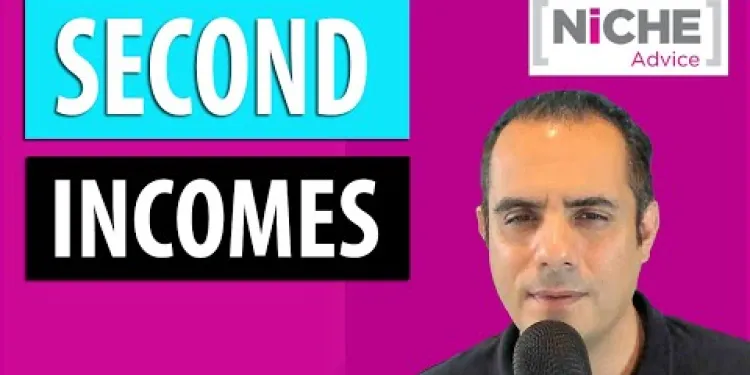
Using 100% of your Second Income for a Mortgage Application
Relevance: 39%
-

Will my fixed-rate mortgage payments change with interest rate fluctuations?
Relevance: 39%
-

How do interest rate changes affect my mortgage payments?
Relevance: 38%
-

How can I buy Bitcoin or XRP?
Relevance: 38%
-

What can I buy with Healthy Start vouchers?
Relevance: 38%
-
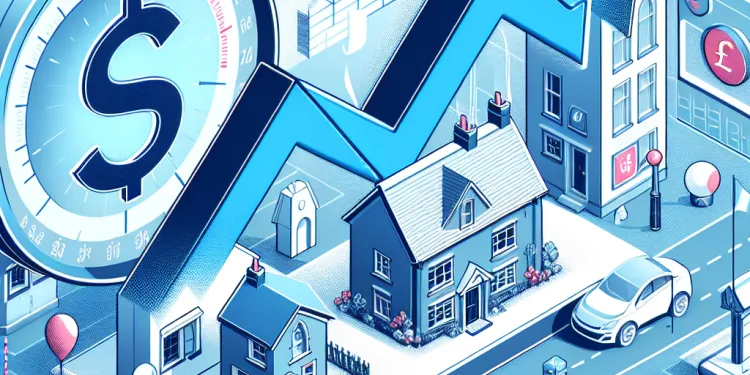
What is a tracker mortgage and how does it respond to interest rate changes?
Relevance: 37%
-
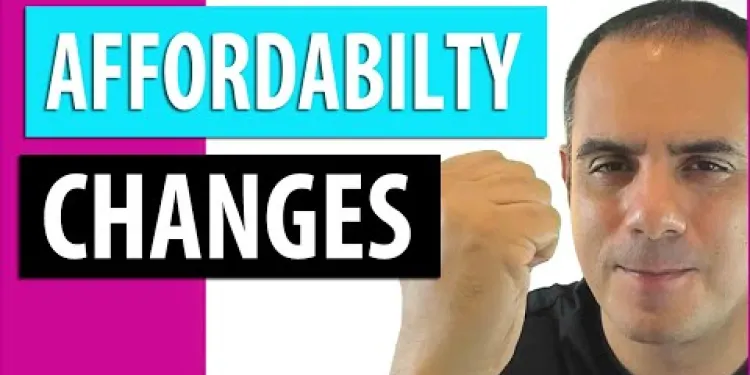
Mortgage Regulator removes the need for further affordability stress tests
Relevance: 37%
-
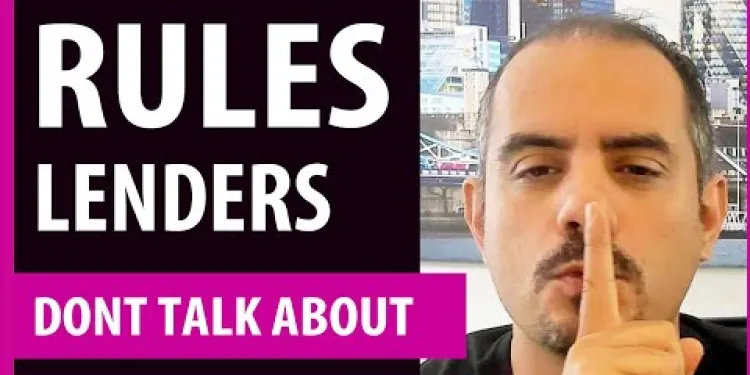
UK Mortgage Rules Lenders Don't Talk About - Debt To Income Ratio
Relevance: 37%
-

When should I buy travel insurance?
Relevance: 37%
-

When should I buy travel insurance?
Relevance: 36%
-
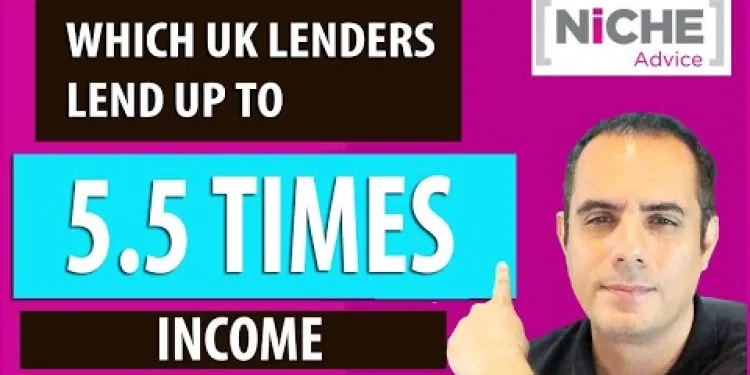
Highest Income Multiple Mortgage Lenders Revealed - Good and Bad Points
Relevance: 36%
-
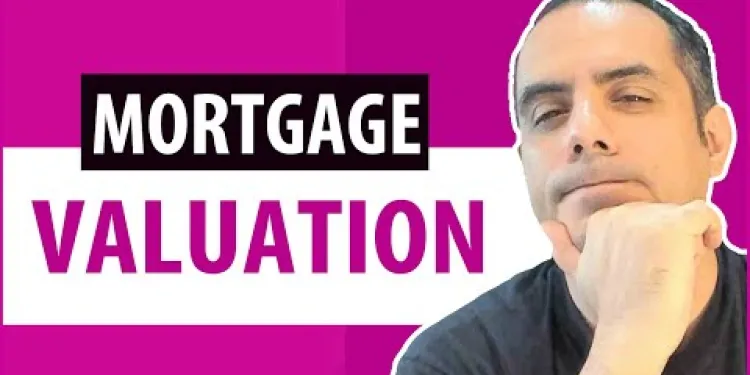
Can Mortgage lenders work from my own Survey Valuation Report?
Relevance: 36%
Understanding Right to Buy Mortgage
The Right to Buy scheme is an initiative that provides tenants of council houses and certain housing association properties in the United Kingdom the opportunity to purchase their homes at a discounted price. For many, it presents a unique opportunity to transition from renting to homeownership. However, purchasing your home under this scheme often requires a mortgage, specifically tailored as a "Right to Buy Mortgage." Understanding this financial product can save you both time and money.
Eligibility Criteria for Right to Buy
To qualify for a Right to Buy mortgage, you must first be eligible for the Right to Buy scheme itself. Typically, tenants must have lived in their council or housing association home for at least three years. The discount you receive will depend on the type of property you live in and how long you've been a tenant, among other factors. It's crucial to confirm eligibility and understand how much of a discount you could potentially receive before seeking a mortgage.
Finding the Right to Buy Mortgage
Choosing the right mortgage is a critical step in the Right to Buy process. It's important to compare different mortgage providers, as interest rates, terms, and conditions can vary significantly. Working with a financial advisor or a mortgage broker who specializes in Right to Buy can help you navigate these options. They can assist in ensuring that the mortgage fits your financial situation and goals, helping to avoid any unforeseen costs or financial burdens in the future.
Saving Time and Money
To make the process as efficient and cost-effective as possible, prepare your financial documents in advance. This includes proof of income, credit history, and any other financial commitments. Being organized can help speed up the mortgage approval process. Additionally, consider applying for any grants or financial assistance available for first-time buyers, which can further reduce costs. Remember, though, that entering into a mortgage is a significant financial commitment, so take the time to assess your long-term financial health and stability.
Seek Professional Advice
Navigating the Right to Buy process, along with securing the best mortgage deal, can be complex. It's advisable to seek professional advice to ensure you're making informed decisions. Legal experts, financial advisors, and mortgage brokers can provide valuable guidance through each step, helping you take full advantage of the Right to Buy scheme while safeguarding your financial future.
Understanding Right to Buy Mortgage
The Right to Buy scheme helps people living in council or housing association homes in the UK buy their houses at a lower price. This means they can own the house instead of renting it. To buy your home, you might need a special loan called a "Right to Buy Mortgage." Knowing about this loan can help you save time and money.
Who Can Use the Right to Buy?
You can get a Right to Buy Mortgage if you can join the Right to Buy scheme. Usually, you need to have lived in your council or housing association home for at least three years. The discount you get depends on your home type and how long you've lived there. Check if you're eligible and how much discount you might get before looking for a mortgage.
Finding the Right to Buy Mortgage
Picking the right loan is important when you use the Right to Buy. Check different banks because they offer different interest rates and rules. A financial advisor or mortgage broker who knows about Right to Buy can help you find the best deal. They help ensure the loan matches your needs and avoid extra costs later.
Saving Time and Money
To make things easier and cheaper, get your money documents ready. This includes proof of how much you earn and your credit history. Being ready can help get your loan faster. Look for any grants or help for first-time buyers to save more money. Remember, a mortgage is a big deal, so make sure you think about your finances long-term.
Ask Experts for Help
Understanding the Right to Buy and finding a loan can be tricky. It's a good idea to ask experts for help. Legal experts, financial advisors, and mortgage brokers can guide you. They help make sure you get the most from Right to Buy and keep your money safe in the future.
Frequently Asked Questions
What is a Right to Buy mortgage?
A Right to Buy mortgage is a loan specifically designed for tenants of council houses or housing association properties in the UK to purchase their homes at a discounted price under the Right to Buy scheme.
Who is eligible for the Right to Buy scheme?
Tenants of council houses or housing association properties in England who have been living in their homes for at least three years are generally eligible for the Right to Buy scheme.
How much discount can I get under the Right to Buy scheme?
The discount varies depending on how long you've been a tenant. In England, the maximum discount is currently £87,200, or £116,200 in London boroughs, but it's calculated based on the number of years you have been a tenant and whether the property is a house or a flat.
Can I use a Right to Buy mortgage if I have poor credit?
Yes, there are lenders who offer Right to Buy mortgages to individuals with poor credit, though you may face higher interest rates or additional criteria.
Do I need a deposit for a Right to Buy mortgage?
Often, the discount you receive can be used as a deposit, meaning some lenders may offer a Right to Buy mortgage without requiring an additional cash deposit.
How do I apply for a Right to Buy mortgage?
Start by applying for the Right to Buy scheme with your local council or housing association. Once accepted, aim to get a mortgage in principle from a lender offering Right to Buy mortgages and complete the mortgage application process.
What fees are involved in a Right to Buy mortgage?
Fees can include mortgage arrangement fees, valuation fees, legal fees for conveyancing, and possibly any fees specific to Right to Buy mortgages charged by the lender.
Can I remortgage my property after purchasing it via Right to Buy?
Yes, you can remortgage your property after purchasing it, just like with any other property. It might be beneficial to explore remortgaging when your initial mortgage deal ends to find potentially better rates.
Are there restrictions on selling my property after buying it through Right to Buy?
Yes, if you sell your home within five years of purchasing it under the Right to Buy scheme, you'll have to repay some or all of the discount you received. There's a sliding scale for how much you must repay based on how long you have owned the property.
Is it possible to buy a housing association property under the Right to Buy scheme?
Yes, in many cases housing association tenants can buy their property under the Right to Buy scheme or a similar scheme called 'Right to Acquire', depending on the circumstances of their tenancy.
What happens if my Right to Buy application is denied?
If your application is denied, you will receive a notice from your landlord explaining the reasons. You can ask for a review of the decision or get advice on next steps from a legal advisor or housing consultant.
Can I use a guarantor for a Right to Buy mortgage?
Yes, some lenders allow for guarantors if they meet certain criteria, which can help if you're unable to meet affordability criteria on your own.
How long does it take to complete a Right to Buy purchase?
While timelines can vary, the process typically takes between three to six months from the point of application to completion, assuming no significant delays or complications.
Can I make improvements or renovations to my property after purchase?
Yes, once you own the property, you can make improvements and renovations. However, it's important to check if certain work requires planning permission or building regulations approval.
Where can I get advice on the Right to Buy scheme and mortgages?
You can get advice from mortgage brokers, financial advisors, legal advisors, or organizations such as Citizens Advice or the official Right to Buy Agent service.
What is a Right to Buy mortgage?
A Right to Buy mortgage helps you buy your home if you rent from the council. It means you might be able to buy your house at a lower price. This is for people who have been renting their home for a long time.
You can ask a bank for this kind of mortgage to help pay for the house. A mortgage is money you borrow from a bank to help you buy a house. You pay this money back over time.
Here are some tips to help you understand:
- Use big, clear text when reading.
- Ask someone you trust to help you read tricky words.
- Use a dictionary to find easier words.
A Right to Buy mortgage is a special loan. It helps people who live in council houses or housing association homes in the UK. It lets them buy their homes for less money because of a plan called the Right to Buy scheme.
Who can use the Right to Buy scheme?
The Right to Buy scheme lets some people buy their home at a cheaper price. Let's see who can use it.
- You need to rent your home from the council or a housing association.
- You must have been renting for at least 3 years.
- You need to be the main tenant of the home.
If you find reading hard, you can use tools like audio books or ask someone to read with you. This can help you understand better.
If you have been living in a council house or a home from a housing group in England for at least three years, you might be able to buy your home. This is because of a rule called the Right to Buy scheme.
How much money can I save with the Right to Buy scheme?
If you buy your home from the council, you can save money. This is called a discount.
To find out how much you can save, ask for help from a friend, family member, or support worker.
You can also use a calculator online to see how much money you might save.
The money off you get depends on how long you've lived in the home. In England, the most money you can get off is £87,200. If you live in London, it's £116,200. How much money off you get also depends on if your home is a house or a flat.
Can I get a Right to Buy mortgage if my credit is bad?
If you have bad credit, you might still get a Right to Buy mortgage. Here are some things that might help you:
- Ask someone who knows about money, like a financial advisor.
- Use online tools to check your credit score.
- Look for lenders who help people with bad credit.
- Think about saving money for a bigger deposit.
Remember to ask for help if you need it.
Yes, some lenders will let you use a Right to Buy mortgage even if you have bad credit. But, you might have to pay more interest or meet extra rules.
Do I need to pay money upfront for a Right to Buy home loan?
Sometimes, the discount you get can be used like a first payment. This means some banks might give you a Right to Buy loan without needing extra money at the start.
How can I get a Right to Buy mortgage?
First, ask your local council or housing association if you can join the Right to Buy scheme. This is how you can buy your home. After that, find a bank or building society to lend you money for your home. This is called a mortgage. Apply for the mortgage and finish all the steps. Ask someone to help if you need it.
What are the costs in a Right to Buy home loan?
Fees are extra costs you might have to pay. These costs can include:
- Mortgage arrangement fees: This is money you pay to set up the mortgage.
- Valuation fees: This is what you pay someone to check how much a house is worth.
- Legal fees for conveyancing: This is money you pay a lawyer to help buy the house.
- Right to Buy mortgage fees: Sometimes, there are extra costs for Right to Buy mortgages from the bank.
Can I get a new mortgage for my home after buying it with Right to Buy?
You can change your mortgage after you buy your home. It's like changing a deal. When your first mortgage deal finishes, it's a good time to look for a better one.
Can I sell my home after buying it with Right to Buy?
If you sell your home within five years after buying it with the Right to Buy scheme, you may have to pay back some of the discount. The amount you pay back depends on how long you have owned the home.
Here's how it works:
- Sell in the first year: Pay back most of the discount.
- Sell in the second year: Pay back less.
- Sell in the third year: Pay back even less.
- Sell in the fourth year: Pay back a little.
- Sell in the fifth year: Pay back the least.
It's like a seesaw that changes with time! You can ask for help if you're confused. A support tool like this government website can help explain.
Can you buy a home from a housing association with the Right to Buy?
Yes, some people can buy their home if they rent it from a housing association. This is called the Right to Buy.
Not everyone can use this. You can ask if you can buy your home.
Use helpful tools like a calculator to see if you can afford it. Also, talk to a housing advisor for more help.
Yes, people who rent from a housing association can sometimes buy their home. They can do this with a plan called 'Right to Buy' or 'Right to Acquire'. It depends on their renting situation.
What if they say no to my Right to Buy?
If your application is not accepted, your landlord will send you a letter. This letter will tell you why. You can ask them to look at the decision again. You can also talk to a lawyer or a housing expert to learn what to do next.
Can someone help me get a Right to Buy mortgage?
Yes, someone you trust can help you get a Right to Buy mortgage. This person is called a guarantor.
A guarantor promises to pay the mortgage if you cannot. It is often a family member or a close friend.
If you need help understanding or reading documents, you can:
- Ask someone you trust to explain things.
- Use online tools that read text out loud.
Yes, some lenders let you have a guarantor. A guarantor is someone who promises to help you pay if you can't. This is good if you need help to get a loan. But the guarantor must meet some rules.
How long does it take to buy your home with Right to Buy?
It can take a while to buy your home. Here’s what to expect:
- Get your forms ready: Fill out the Right to Buy form. This can take a few days.
- Waiting for an answer: It might take up to 8 weeks to hear back. Sometimes longer.
- Agree on a price: Your landlord offers a price. This takes about 12 weeks.
- Get a solicitor: They help with paperwork. You might need to find one. This can take 2 weeks.
- Final checks and signing: This might take another 4 weeks.
If you need help, ask a family member or a friend. They can help you fill out forms or read letters.
You can also use tools like:
- Text-to-speech software: This reads out words for you.
- Online dictionaries: They help explain hard words.
The process usually takes 3 to 6 months. It starts when you apply and ends when everything is done. This is if there are no big delays or problems.
Can I fix or change things in my home after I buy it?
Yes, you can change or fix things in your home after you buy it. Here are some simple steps:
- Think about what you want to change or fix.
- Make a list of things you can do by yourself.
- For big jobs, you might need to ask for help from an expert, like a builder.
- Check if you need special permission to make changes. Sometimes big changes need a 'permit'.
Here are some tools that might help you:
- Ask a grown-up or a friend for advice.
- Look for videos or guides that can show you how to do small fixes.
- Use easy-to-read instructions from the store if you buy things to fix or change something.
Yes, when you own a house, you can make changes and fix it up. But first, you need to see if you need special permission for some work. Some jobs also need to follow building rules.
Where can I find help about the Right to Buy plan and home loans?
If you need help with the Right to Buy plan or home loans, you can talk to someone who knows about these things. They can answer your questions and give you advice.
Here are some places you can ask for help:
- The Council or Housing Association: They can tell you if you can use the Right to Buy plan.
- A Mortgage Advisor: They can help you find a good home loan.
- Citizens Advice: They give free help and can explain things really clearly.
It's also a good idea to write down your questions before you ask for help. You can use a list to remember what you want to ask.
You can ask for help from people who know about money and houses. Some people who can help are:
- Mortgage brokers
- Financial advisors
- Legal advisors
There are also places like Citizens Advice or the Right to Buy Agent service that can help you.
These helpers can answer your questions and give you good advice.
Useful Links
This website offers general information and is not a substitute for professional advice.
Always seek guidance from qualified professionals.
If you have any medical concerns or need urgent help, contact a healthcare professional or emergency services immediately.
Some of this content was generated with AI assistance. We’ve done our best to keep it accurate, helpful, and human-friendly.
- Ergsy carfully checks the information in the videos we provide here.
- Videos shown by Youtube after a video has completed, have NOT been reviewed by ERGSY.
- To view, click the arrow in centre of video.
- Most of the videos you find here will have subtitles and/or closed captions available.
- You may need to turn these on, and choose your preferred language.
- Go to the video you'd like to watch.
- If closed captions (CC) are available, settings will be visible on the bottom right of the video player.
- To turn on Captions, click settings .
- To turn off Captions, click settings again.
More Items From Ergsy search
-

RIGHT TO BUY MORTGAGE - LET ME SAVE YOU TIME AND MONEY
Relevance: 100%
-

How to Buy property with your children under the age of 18 and get Buy to Let Mortgage.
Relevance: 69%
-

Uk Buy to Let for Older Clients - Mortgage Options Tips and Criteria
Relevance: 64%
-

First Time Buyer Buy to Let Finance Options. Lending Criteria on Mortgage and Bridging Finance
Relevance: 63%
-

Can I get a Buy to Let Mortgage With My 18 Year Old Son
Relevance: 57%
-

5 Broker Exclusive Buy to Let Mortgage Lenders you need to know about as a Landlord
Relevance: 54%
-

Getting the maximum mortgage in the UK
Relevance: 54%
-

How much can I borrow for a mortgage UK - getting the Maximum Mortgage
Relevance: 53%
-

First Time Buyer Buy to Let Finance Options. Lending Criteria on Mortgage and Bridging Finance
Relevance: 53%
-

First Time Buyer UK - Own Outright vs Help to Buy vs Shared Ownership
Relevance: 49%
-

Can Stamp Duty be included in a mortgage in the UK?
Relevance: 49%
-

Turned down for a mortgage? Find out why and what to do
Relevance: 48%
-

If I am buying a house, who has to pay for a surveyors report?
Relevance: 47%
-

The Ultimate Buy-To-Let Mortgage Breakdown
Relevance: 46%
-

Mortgage Turned Down In The UK - Why mortgage applications are declined
Relevance: 45%
-

Can I use the surveyor recommended by my mortgage provider?
Relevance: 43%
-

What is an 'interest only' mortgage?
Relevance: 43%
-

Leasing VS Buying a Car: Watch this before you buy a car and make the wrong choice!
Relevance: 42%
-

Mortgage Overpayment and Flexible Features Explained
Relevance: 42%
-

Is a mortgage valuation the same as a surveyor's report?
Relevance: 41%
-

Mortgage on Inherited Property - How we can help you with the finance
Relevance: 41%
-

Turned down for a mortgage? Find out why and what to do
Relevance: 40%
-

Remortgage within 6 Months on the open market value Residential or Buy to Let Properties
Relevance: 40%
-

Selecting a Mortgage Broker - how they differ and what to watch out for
Relevance: 40%
-

Is it possible to switch my mortgage type if interest rates become unfavourable?
Relevance: 40%
-

What does it mean to "Fix My Mortgage Rate"?
Relevance: 40%
-

Is there assistance available for rent or mortgage payments?
Relevance: 40%
-

HMO Mortgage Truths - how to get the best Finance option including Bridging Loan Criteria
Relevance: 39%
-

Using 100% of your Second Income for a Mortgage Application
Relevance: 39%
-

Will my fixed-rate mortgage payments change with interest rate fluctuations?
Relevance: 39%
-

How do interest rate changes affect my mortgage payments?
Relevance: 38%
-

How can I buy Bitcoin or XRP?
Relevance: 38%
-

What can I buy with Healthy Start vouchers?
Relevance: 38%
-

What is a tracker mortgage and how does it respond to interest rate changes?
Relevance: 37%
-

Mortgage Regulator removes the need for further affordability stress tests
Relevance: 37%
-

UK Mortgage Rules Lenders Don't Talk About - Debt To Income Ratio
Relevance: 37%
-

When should I buy travel insurance?
Relevance: 37%
-

When should I buy travel insurance?
Relevance: 36%
-

Highest Income Multiple Mortgage Lenders Revealed - Good and Bad Points
Relevance: 36%
-

Can Mortgage lenders work from my own Survey Valuation Report?
Relevance: 36%


